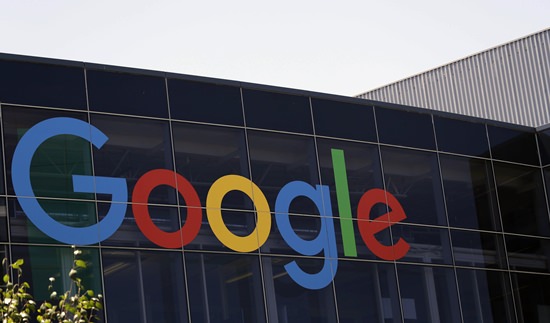
New York (AP) – Google is ending “first click free,” a policy loathed by publishers and media because it required them to provide a limited amount of free content before users of the world’s biggest search engine could be asked to pay for it.
Publishers will now be allowed to decide how many, if any, free articles they want to offer readers before charging a fee, Richard Gingras, vice president of news at Google Inc., wrote Monday in a company blog post.
People using Chrome, Google’s web browser can pick and choose what they are willing to pay for.
Support Pattaya Mail – Click Here
Publishers had been required to provide at least three free items under the search engine’s previous policy.
Newspapers and magazines have shut down in droves or shrunk operations drastically worldwide because of the influx of stories, images and video jettisoned across the interment, largely at no charge. Technological changes have fractured the advertising market and constrained revenues for almost all established media.
Much of the content, created and paid for by media companies, travels through Google’s Chrome, which captured nearly 60 percent of all searches in September, according to NetMarketShare.
The decision was hailed immediately by major media companies.
“If the change is properly introduced, the impact will be profoundly positive for journalists everywhere and for the cause of informed societies,” News Corp. CEO Robert Thomson said in a prepared statement. “Fake news has prospered on digital platforms which have commodified content and thus enabled bad actors to game the system for commercial or political gain.”
The relationship between Google and publishers is complex. With readers opening tablets and phones rather than picking up a newspaper from the stoop or lawn, Google has vexed publishers as it gobbles up advertising dollars for content produced by those publishers.
But they need powerful search engines to spread their content and gain readers as they transition to digital.
A Pew Research Center analysis of data from AAM shows that total weekday circulation for U.S. daily newspapers – both print and digital – fell 8 percent in 2016, marking the 28th consecutive year of declines.
But digital subscriptions are rising rapidly for major established newspapers.
In July, news outlets sought permission from Congress for the right to negotiate jointly with Google and Facebook, given the duo’s dominance in online advertising and online news traffic. The News Media Alliance, which represents, nearly 2,000 news organizations, say that because Google and Facebook are so dominant, news publishers are forced to “surrender their content and play by their rules on how news and information is displayed, prioritized and monetized.”
Publishers want stronger protections for intellectual property, support for subscription models and a bigger share of the online advertising market. Google and Facebook combined will account for 60 percent of the US digital advertising market this year, according to the research firm eMarketer.
Google decided to offer more flexibility to publishers based on additional research, feedback from publishers, and extended experiments with The New York Times and Financial Times, Gingras said.
Google says it’s working with publishers to streamline whatever payment form they would like to pursue so that it’s easier for users to decide what they wish to pay for. The goal is to help publishers identify possible subscribers and build a better subscription model, Google said.





